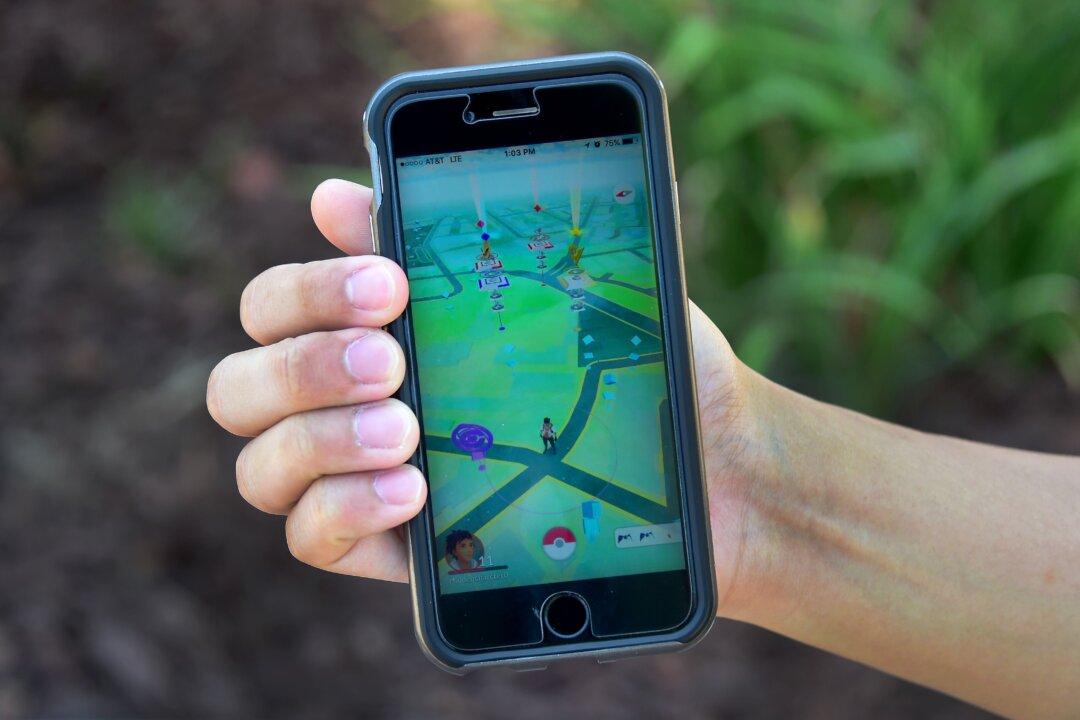The booming success of Pokemon GO might be a relief to parents who want their kids to get outdoors more. But the mobile video game might not be the safest pastime.
Players have been falling over things, falling into things, falling off of things and also trespassing, crashing their cars, and getting robbed.
Police departments from Australia to Virginia are warning players to pay attention and refrain from breaking the law. The game itself contains a warning against risky behavior.
The problem is, playing a video game can be hard to reconcile with functioning in the real world.
Pokemon GO was developed by Niantic and released on July 6 by The Pokémon Company. The game scatters virtual pocket monsters—Pokemon—at map locations in the real world. Much like geo-caching, players have to physically reach the location, as confirmed by their phone’s GPS, to collect the critters in the game. Moreover, Pokemon only pop up on the game’s map when the player gets close to them, making the players walk around and explore the area to find them.
Local landmarks, like libraries, parks, fountains, and police stations can be marked as Pokestops and Gyms—where players can collect in-game perks or use their Pokemon to fight other Pokemon.
From anecdotal online reports, the game does make people travel for their Pokemon—which brings exercise, makes players visit local landmarks, and can even encourage them to socialize more thanks to meeting other Pokemon hunters.






